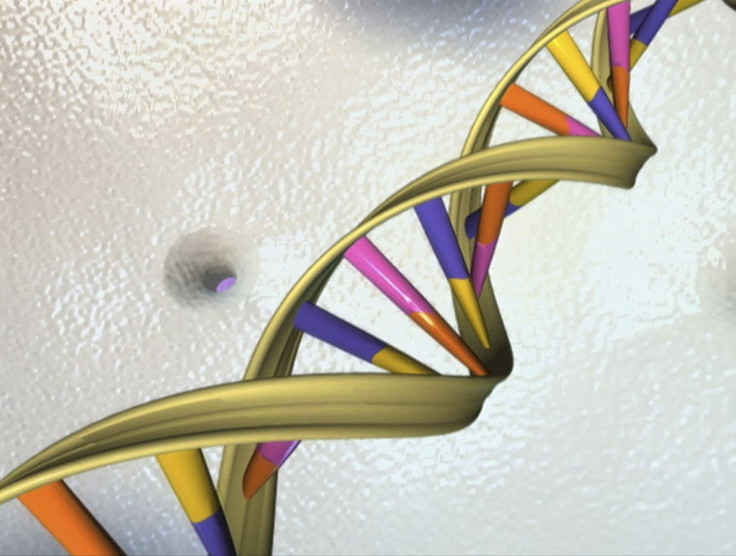Study: Researchers Hack DNA Sequencing Tools, Genetic Histories Revealed

If you worry about your Facebook account getting hacked, you can imagine how bad it is if hackers try to exploit computers that contain your DNA information. Researchers said they were able to hack a software program using DNA, which means it’s possible for criminals to try to do the same.
A person’s DNA includes private information, like health, family history and appearance, but that data could be hacked, according to a new study by the Paul G. Allen School of Computer Science and Engineering at the University of Washington.
Read: Study: Number Of Opioid, Heroin Overdose Deaths Far Higher Than Recorded
How Researchers Hacked A Computer Using DNA
First, it’s important to realize how important computers are when it comes to DNA. Computers are used to process and analyze the data in someone genome. They are also needed to store billions of DNA bases that can be sequences from a single DNA sample. Modern sequencing techniques can go through hundreds of millions of DNA strands at the same time, and the sequencing machines themselves need to hookup to computers. When the DNA is sequenced, it is processed and analyzed by multiple computer programs, which is called the DNA data processing pipeline.
The researchers, who study computer security and DNA manipulation, wanted to find out new security risks that can affect biomolecular data and the computers that analyze it.
For the study, they created a synthetic DNA strand that contained malicious computer code. When the strand was sequenced and processed by the vulnerable program it gave remote control of the computer that was analyzing it, which means hackers could also remotely exploit and gain full control of a computer by using a synthetic DNA strand.
Researchers found the open-source programs in the pipeline did not follow best practices for computer security, with many of them written in programming languages that are known to continuously run into security problems, like C and C++. The team said they “found early indicators of security problems and vulnerable code,” which means sequencing data is at risk.
Read: Anxiety And Social Media: Brain's Addiction To Checking Accounts
While this may seem scary, researchers stressed that people should not to worry.
“We have no evidence to believe that the security of DNA sequencing or DNA data in general is currently under attack,” researchers wrote. “Instead, we view these results as a first step toward thinking about computer security in the DNA sequencing ecosystem.”
The team also said the public should not panic and shouldn’t avoid genetic sequencing and testing. They also clarified that if hackers attack DNA sequencing technologies it won’t actually affect your genome, or of other living organisms.
They also pointed out that attacks using synthetic DNA are difficult to carry out because it’ll be hard for attackers to synthesize malicious DNA strands and to find relevant exploits in processing programs.
"We don't want to alarm people or make patients worry about genetic testing, which can yield incredibly valuable information," said the study's co-author Luis Ceze in a statement. "We do want to give people a heads up that as these molecular and electronic worlds get closer together, there are potential interactions that we haven't really had to contemplate before."
Researchers are instead warning the DNA sequencing community about the vulnerabilities they found and suggest that they should address the security risks before criminals try to attack.
“The DNA sequencing community, and especially the programmers of bioinformatics tools, should consider computer security when developing software,” they wrote. “In particular, we encourage the wide adoption of security best practices like the use of memory safe languages or bounds checking at buffers, input sanitization, and regular security audits.”
The findings will be presented at the 26th USENIX Security Symposium in Vancouver next week.
© Copyright IBTimes 2024. All rights reserved.




















